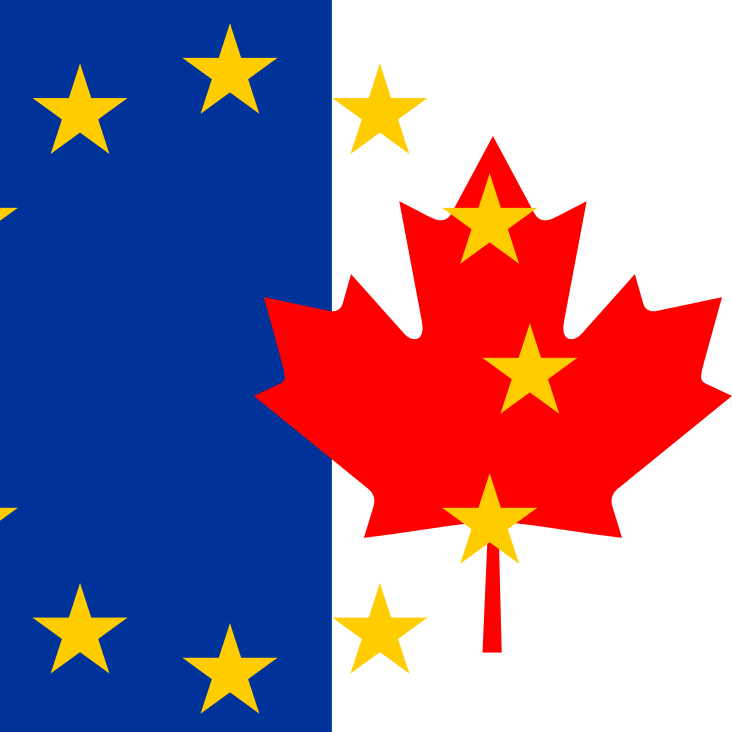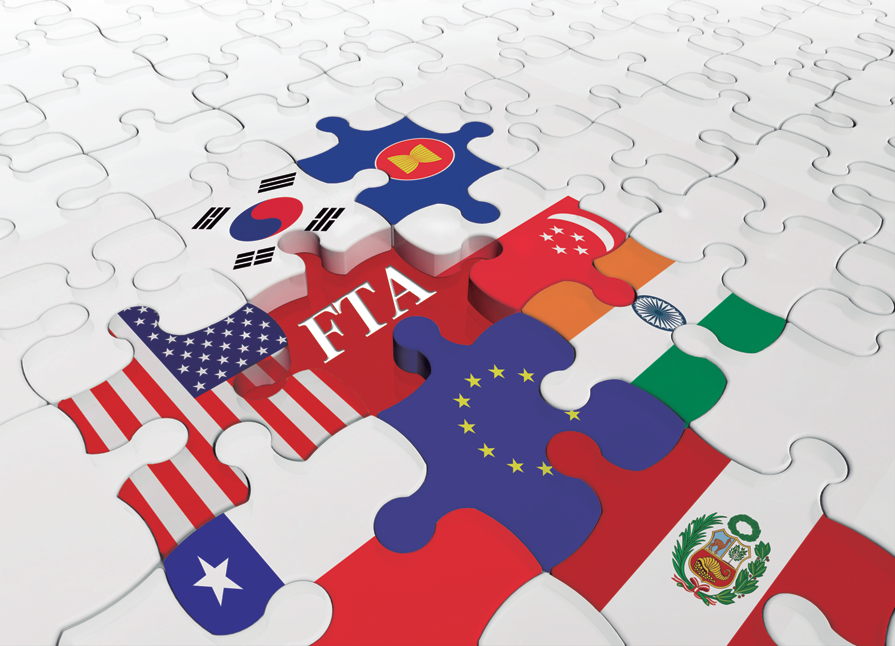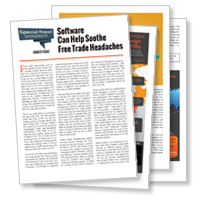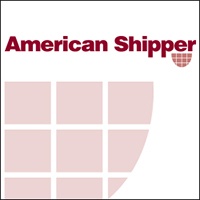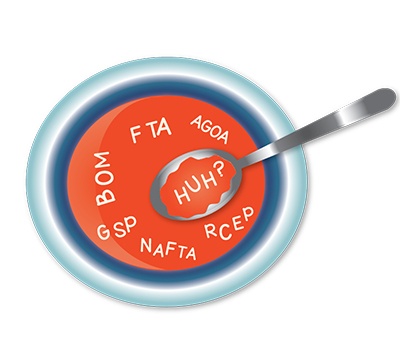On February 29, 2016, Canada’s Minister of International Trade, Chrystia Freeland, and the European Union’s Commissioner for Trade, Cecilia Malmström, announced the completion of the legal review of the Comprehensive Economic Trade Agreement (CETA). After many years of negotiations, this European Union (EU) and Canadian treaty could finally be signed at the forthcoming EU-Canada Summit in Brussels on October 27, 2016. The EU considers it to be “a milestone in European trade policy” and “the most ambitious trade agreement that the EU has ever concluded.” Those in favor of CETA argue that it will boost trade between the EU and Canada. Critics argue that the agreement is unduly favorable to businesses and may lead to a lowering of regulatory standards. With a provisional application possible in the near future, let’s take a closer look at what’s at stake and why CETA matters.
- Why Transform
- Solutions
- Resources
- About Amber Road


